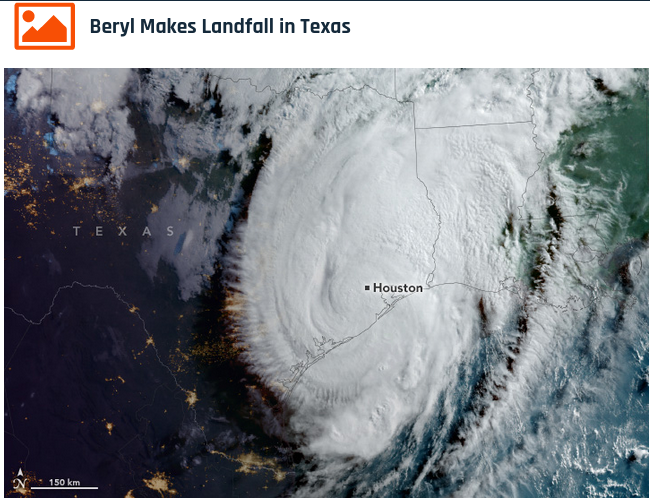Hezbollah, a powerful political and militant group based in Lebanon, has been at the center of Middle Eastern conflict for decades. The group’s ongoing clashes with Israel and involvement in regional geopolitics have created ripple effects across the globe. In recent years, Hezbollah has been increasingly spotlighted in international discussions, particularly regarding its military actions and relationships with nations like Iran and Syria.
This article will explore Hezbollah’s background, its role in the conflict with Israel, and the global implications of their ongoing military activities. For a U.S.-based audience, understanding Hezbollah’s influence is critical for grasping the broader context of Middle Eastern politics and its potential impact on international security.
Summary
What is Hezbollah?
Hezbollah (Arabic for “Party of God”) is a Shia Muslim political and militant group that originated in Lebanon during the early 1980s, formed in response to the Israeli invasion of southern Lebanon. Initially supported by Iran’s Islamic Revolutionary Guard Corps, Hezbollah has since grown into one of the most influential non-state actors in the Middle East, with political, military, and social arms that operate both within Lebanon and across the region.
Though Hezbollah identifies as a resistance movement against Israel’s presence in Lebanon, it has expanded its activities beyond Lebanon’s borders, notably participating in the Syrian Civil War alongside the Assad regime and maintaining close ties with Iran.
Hezbollah’s Tensions with Israel
The relationship between Hezbollah and Israel has been marked by decades of conflict. This tension reached a boiling point during the 2006 Lebanon War, which saw heavy casualties and extensive damage to Lebanese infrastructure. Since then, skirmishes along the Israel-Lebanon border have continued, but a fragile ceasefire has largely prevented another full-scale war.
However, the recent pager explosions across southern Lebanon have renewed concerns about escalating violence. Hezbollah has accused Israel of planting explosive devices in these pagers, leading to the deaths of nine people and injuring nearly 3,000 others, including Hezbollah fighters and civilians. Israel has neither confirmed nor denied involvement, but Hezbollah has promised retaliation, raising fears of a broader conflict.
Why Hezbollah’s Actions Matter Globally
For the U.S. and other Western nations, Hezbollah’s actions are of particular concern because they affect broader geopolitical stability in the Middle East. Lebanon is home to a large population of refugees and is a strategically important country, given its proximity to both Israel and Syria. The group’s alliance with Iran also adds another layer of complexity to U.S. foreign policy in the region.

Hezbollah has been designated a terrorist organization by the U.S. government, primarily due to its role in attacks on U.S. personnel and its involvement in global terrorist networks. The group’s ability to launch sophisticated attacks, both inside Lebanon and across borders, has made it a significant player in global terrorism.
Hezbollah’s Political Power in Lebanon
In addition to its military wing, Hezbollah wields significant political influence in Lebanon. It has a substantial presence in the Lebanese parliament and has built a social services network that provides healthcare, education, and other essential services to Shia communities. This dual role as both a political and militant force makes Hezbollah unique, as it blurs the lines between state and non-state actors.
While many Lebanese citizens see Hezbollah as a protector of their interests against Israeli aggression, others view the group as destabilizing, particularly in light of its involvement in regional conflicts like the Syrian Civil War.
The Role of Iran in Supporting Hezbollah
Iran’s support for Hezbollah is critical to understanding the group’s resilience and operational capabilities. Iran provides financial assistance, weapons, and training to Hezbollah’s fighters. In return, Hezbollah acts as a proxy for Iran’s broader regional ambitions, which include challenging U.S. influence and supporting Shia populations in predominantly Sunni regions.
This relationship between Iran and Hezbollah has long been a focal point of U.S. foreign policy in the Middle East. U.S. sanctions on Iran, for example, aim to curb its ability to fund groups like Hezbollah. However, the effectiveness of these sanctions remains a topic of debate among policymakers and experts.
Hezbollah and the U.S.: Policy and Future Challenges
For the U.S., dealing with Hezbollah presents a complex challenge. On one hand, Hezbollah’s military capabilities and ties to Iran make it a direct threat to U.S. interests in the region. On the other hand, the group’s deep entrenchment in Lebanese politics means that any effort to weaken Hezbollah must also take into account Lebanon’s fragile political landscape.
The U.S. has primarily used economic sanctions and military support for Israel to counter Hezbollah’s influence. However, as the group continues to grow both militarily and politically, the U.S. may need to reassess its approach. Diplomatic efforts aimed at de-escalating tensions between Israel and Hezbollah, as well as curbing Iranian influence in the region, will likely remain central to U.S. foreign policy.
The Future of Hezbollah-Israel Relations
While Hezbollah’s leadership has expressed a desire to avoid an all-out war with Israel, the potential for conflict remains high. Cross-border skirmishes and incidents like the recent pager explosions only add to the already tense atmosphere.
Experts are divided on whether a full-scale conflict is imminent. Some believe that both Hezbollah and Israel are reluctant to engage in another destructive war, while others argue that the ongoing hostilities could easily spiral out of control.
In any case, U.S. efforts to mediate peace in the region, along with its continued support for Israel’s defense, will play a crucial role in shaping the future of Hezbollah-Israel relations.
Looking Forward
Hezbollah’s ongoing conflict with Israel, its strong ties to Iran, and its political influence in Lebanon make it a pivotal actor in Middle Eastern geopolitics. For U.S. audiences, understanding Hezbollah is essential for grasping the broader implications of conflict in the region.
As tensions escalate following incidents like the recent pager explosions, the risk of further violence looms large. U.S. policymakers will need to carefully balance diplomatic, economic, and military tools to mitigate the threat posed by Hezbollah while ensuring stability in the Middle East.

In a world where security threats are increasingly global, Hezbollah’s actions have far-reaching consequences, not just for the Middle East, but for international peace and security.







